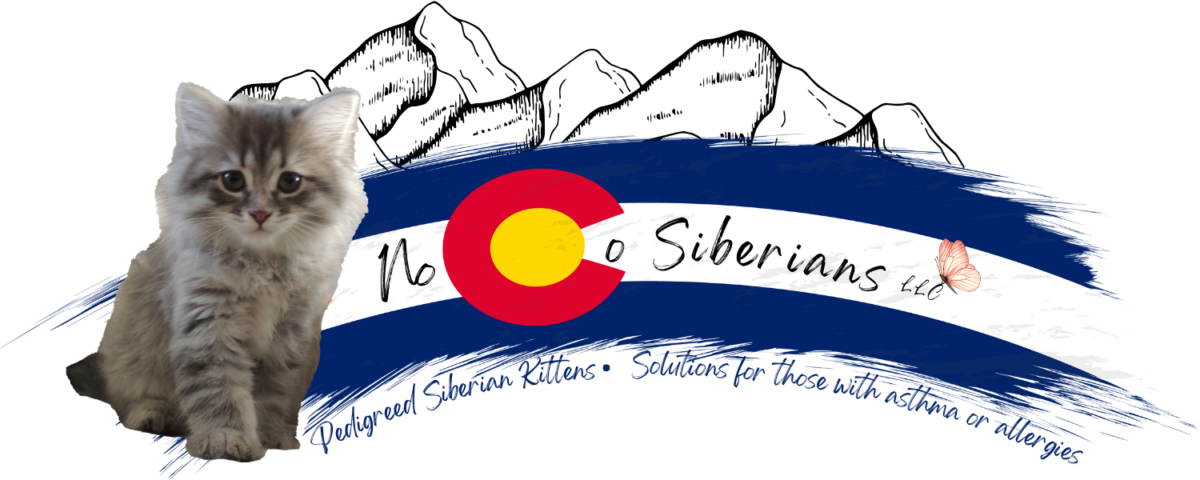Siberian cats are known for their hypoallergenic qualities, which make them a great choice for those with cat allergies. Biologically, this breed produces lower levels of the Fel d 1 protein, the primary allergen found in cats, compared to other breeds. While individual Siberian cats can vary in their specific allergen levels, their overall lower production of Fel d 1 makes them more tolerable for many allergy sufferers. It’s important to note that there is no correlation between a Siberian cat’s color or gender and its allergen level.
Many people with cat allergies report little to no reaction around Siberian cats, and studies suggest that up to 80% of allergy sufferers may tolerate this breed well. However, those with severe allergies or asthma may still experience some reaction. With both allergies and asthma nobody in our home has had issues with our (multiple) cats.
If you would like to test your reaction to Siberian cats, I can provide a sample of fur for $15. Please email me at nocosiberians@gmail.com for further information or to join the waitlist.
Siberian cats do shed, but not as much as you might expect from a long-haired breed. They typically molt once or twice a year, with a winter molt prompted by changes in day length. Some Siberians may also have a lighter summer molt. Compared to other breeds, Siberian shedding is less frequent and less intense.
For more information on pets and allergies, check out this link.
